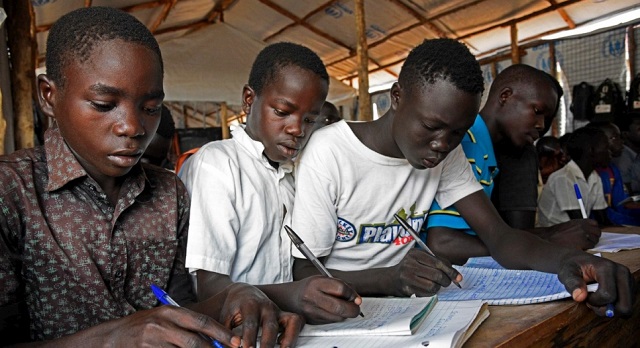
Children who have no birth certificate cannot prove their age, parentage, or identity, or get official papers
COMMENT | Dominique Nouvian Ouattara | A name, an official identity, and a nationality recognised by everyone: most of us take these things for granted. Yet, for nearly a quarter-billion children around the world, including tens of millions in Sub-Saharan Africa, such basic rights are unattainable luxuries.
According to UNICEF, the births of some 230 million children under the age of five – about one-third of the world’s total – have never been registered. Asia is home to 59% of these unregistered children and Sub-Saharan Africa a further 37%. All of them grow up “invisible,” even to their own country.
The problem is particularly acute in certain African countries: only 3% of children in Somalia, 4% in Liberia, and 7% in Ethiopia have official papers, for example. Registration levels also vary widely within countries, both in Africa and elsewhere. Children born in rural areas, which are often far removed from administrative centers, are less likely to be registered than those living in cities. Income is another factor, with children born into the poorest 20% of households being far more prone to slip through bureaucratic cracks. Children of ethnic-minority or refugee families are even less likely to appear in a civil registry.
We know the main reasons for non-registration. Many parents, owing either to lack of education or ignorance of official procedures, settle instead for rituals, ceremonies, or even birth records issued by maternity hospitals. Political crises, wars, and internal displacements aggravate the problem: parents fleeing to safety with their children typically are not preoccupied with registering them properly.
The consequences, however, can be severe. Unregistered children are born, live, and die in anonymity. With their physical and legal existence unnoticed by national authorities, they are often condemned to lives spent on the margins of society.
 The Independent Uganda: You get the Truth we Pay the Price
The Independent Uganda: You get the Truth we Pay the Price





